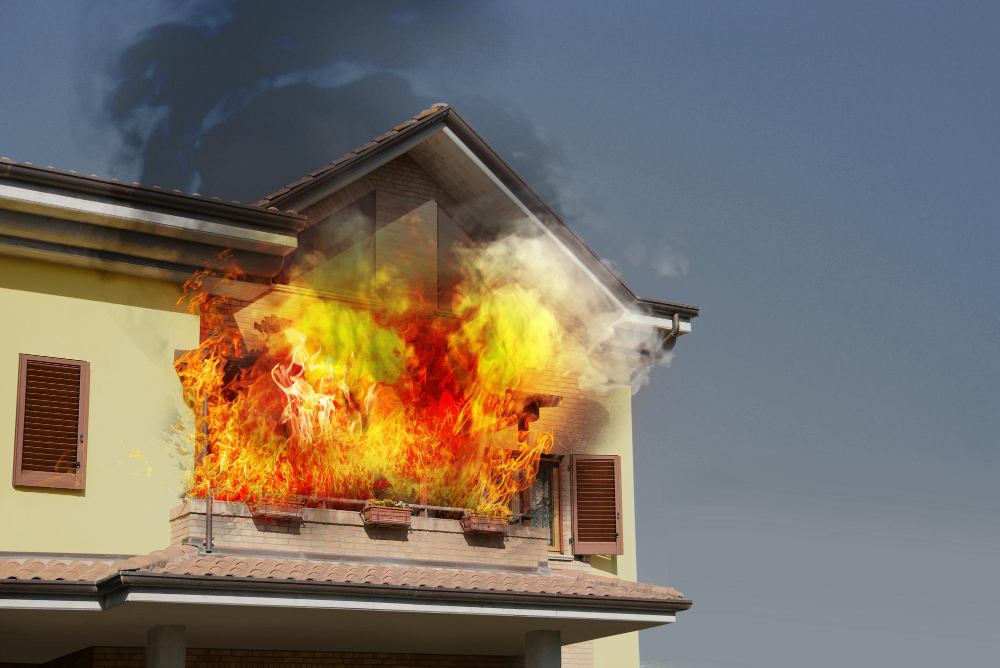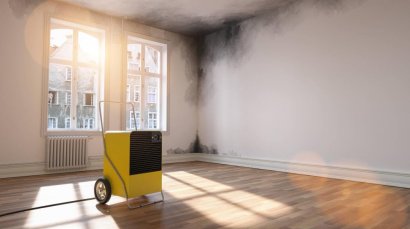404-900-3852
15-45 Minutes Response Time
404-900-3852
15-45 Minutes Response Time
Home and business fires are awfully more common than we’d like, with hundreds of thousands of homes experiencing a structural fire each year according to the National Fire Protection Association (NFPA). Worse, more than 3,000 Americans die in fires each year. Because it can take just 30 seconds for a small flame to turn into a major blaze, preventative measures are vital – and reactive steps may be fruitless.


How To Prevent Water Damage from Leaking Appliances Water damage from leaking appliances can wreak…
 December 11,2023
December 11,2023

The Dangers of DIY Smoke Damage Cleaning Experiencing a disaster such as a fire in…
 December 02,2023
December 02,2023
In this brief article brought to you by Tidal Wave Restoration, we share some precautionary measures to prevent a fire in your home or business. If the damage is done and you need a water damage cleanup or water damage restoration, then call Tidal Wave to hire a water damage expert. Our live team is on standby for your call now.
The cornerstone of any comprehensive fire prevention strategy is the meticulous installation and maintenance of smoke alarms. The National Fire Protection Association (NFPA) emphasizes the critical role of smoke alarms, asserting that their proper installation can reduce the risk of fire-related fatalities by a staggering 50%.
Smoke alarms should be installed on every level of a building, inside bedrooms, and near sleeping areas. Regular testing, typically on a monthly basis, ensures their functionality. Equally important is replacing batteries once a year or on an as-needed basis. Though seemingly mundane, these routine tasks can be the difference between life and death.
Electrical malfunctions stand out as a leading cause of residential and commercial fires. For beginners, remember to have a certified electrician inspect your electrician system once a year. This is important for efficiency and effectiveness as well as the safety of your property.
Practice proper electrical etiquette and opt for long-lasting solutions rather than temporary solutions. This includes identifying and replacing any exposed or damaged wiring promptly. Overloaded circuits, a common precursor to electrical fires, are also risky. Instead of relying on daisy-chained extension cords, consider adding extra electrical circuits and outlets instead.
Heating equipment harbor inherent fire risks. Proper use and ventilation for heating systems, coupled with regular maintenance, ensures their safe and efficient operation.
Space heaters, a common source of residential fires, demand heightened caution. Purchase space heaters with built-in safety features, such as tip-over switches and automatic shut-off functions. Moreover, remember to maintain a three-foot clearance around heating appliances, including space heaters, from combustible materials.
Kitchens are hotbeds for fire risks. Unattended stovetops, grease buildup, and cooking-related mishaps contribute to a significant number of home fires. Be especially mindful when cooking and keep flammable materials, such as kitchen towels and curtains, away from heat sources. Embracing a culture of caution and responsibility in the kitchen is a collective responsibility that significantly enhances fire safety.
The strategic placement of fire extinguishers throughout a home or business is essential. Key locations include the kitchen, near heating appliances, and in areas with electrical equipment. Understanding the PASS (Pull, Aim, Squeeze, Sweep) technique for using a fire extinguisher is critical for effective deployment in an emergency. Regular inspections, ensuring that the extinguisher is not expired, and confirming the pressure gauge is within the optimal range assure its reliability when needed.
Fire damage is awful but even putting out a fire causes damage. If you are dealing with fire or water damage, then call Tidal Wave Restoration for urgent water damage removal and restoration. Our team is on standby and ready to take your call at any time of the day.